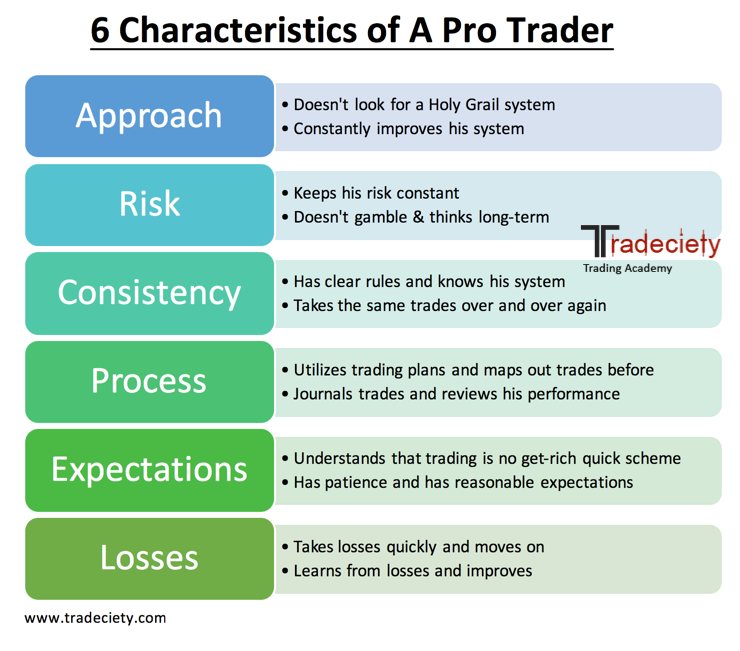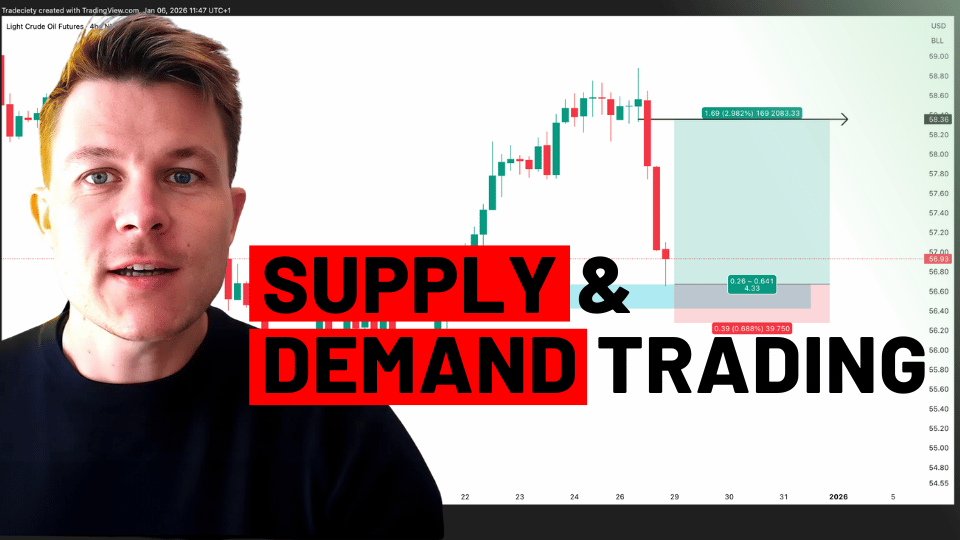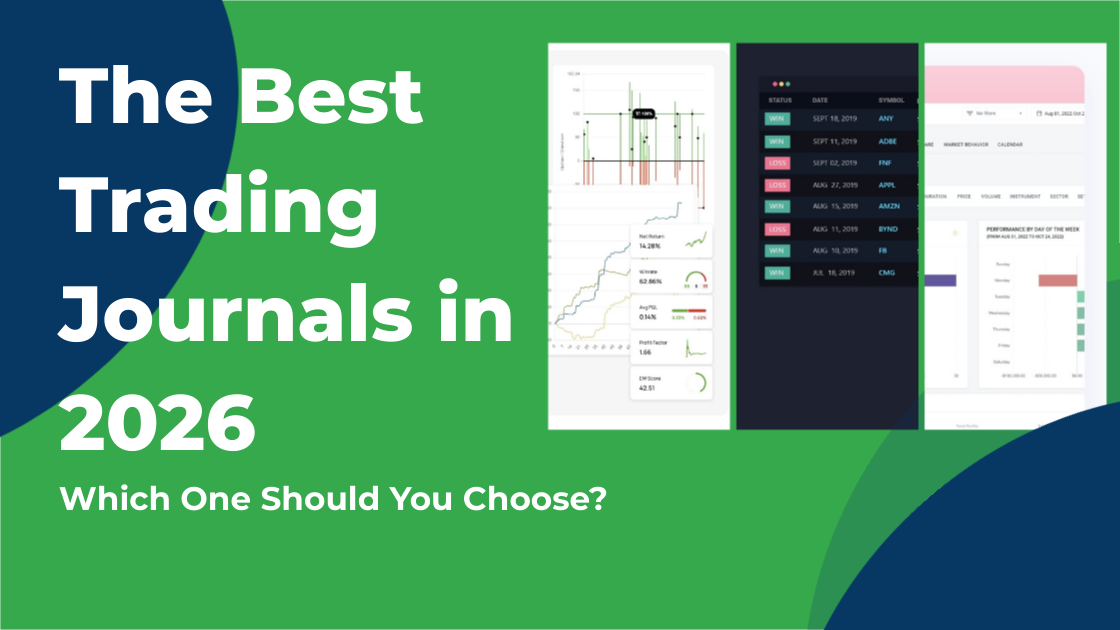Supply and Demand Trading in 2026
We have been trading supply and demand strategies for over ten years, and they have stood the test of time remarkably well. Supply and demand is...

Today we are going to talk about a topic many traders will deny and it’s important for you to keep on reading, especially if you feel offended or think that this article isn’t about you. This article has the goal to raise awareness of negative behavioral and thought patterns. The concepts highlighted can help you identify patterns that might be holding you back from achieving success in trading.
Many people who call themselves “traders” are operating in a gambling mindset. In the following article we condensed research findings of what defines a gambler and what it means to act in a gambling mindset.
Psychology and psychological research distinguish between 4 different types of gamblers:
1) Social gambling occurs when you occasionally meet friends for a limited amount of time. Often, the gambling aspect is not as important as the social component and the bet sizes are limited.
2) In professional gambling, the gamblers limit their bets and discipline plays a very important role.
3) Problem gambling is characterized by pre-occupation (the activity takes up a lot of time), other interests become unimportant, people continue to gamble despite negative experiences, accompanied by a variety of other factors as we will see shortly.
4) Pathological gamblers deny their circumstances, they are over-confident and believe that they are in control; they believe that money will solve all their problems; they are very competitive, restless and get bored easily. Pathological gamblers are often workaholics or binge workers.
The definitions have been borrowed from Psychcentral.com. In the following article, we will focus on the problem and pathological gamblers and highlight the difference between social and professional gambling.
Gambling refers to engaging in an activity where the outcome is uncertain and where the protagonist is betting money on specific outcomes.
It becomes obvious very fast why problem-gamblers should stay away from taking risks or work on their mental game – preferably by consulting professional help. If you find yourself among the descriptions above, we urge you to take a break from trading and re-think what you are doing.
There are a few character traits and mindset-qualities that stand out for the professional gambler 3:
Further reading: In an earlier article we talked about the broker and other related research findings which observed the trading behavior of different segments of traders. The researchers identified the traders who are most likely to lose all their money and also uncovered some of the reasons behind acting within a gambling mindset.
Who loses the most in trading?
References

We have been trading supply and demand strategies for over ten years, and they have stood the test of time remarkably well. Supply and demand is...

3 min read
Choosing the right trading journal is essential for traders wanting to analyze performance, refine strategies, and improve consistency. In this...

3 min read
“95% of all traders fail” is the most commonly used trading related statistic around the internet. But no research paper exists that proves this...